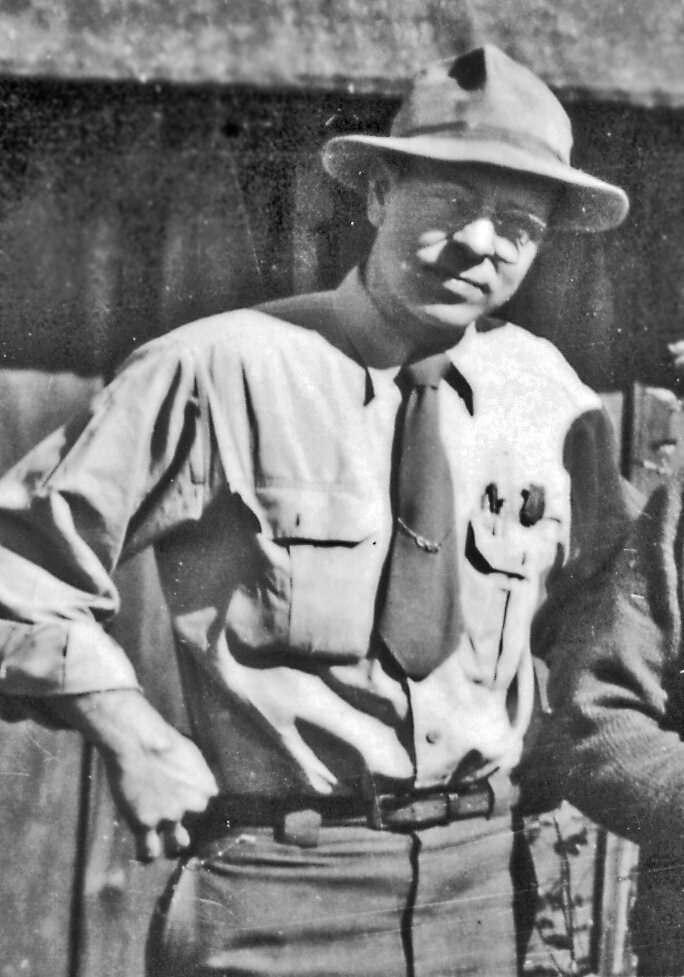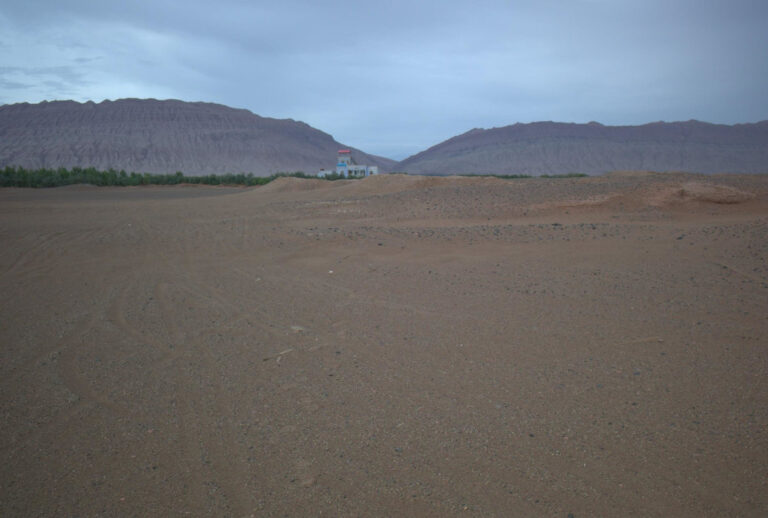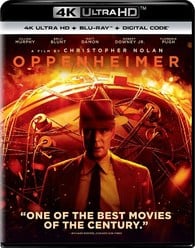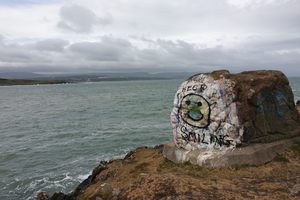Venice Film Festival 2020: MOLECOLE
Opening this historic 77th edition of the Venice Film Festival is Andrea Segre’s Molecole, a haunting meditation on virus-lockdown Venice. As part of the Biennale’s Out of Competition slate, Molecole was presented as the pre-opening film of the festival, a fitting personal exploration of the stillness and absurdity of our times.

Venice needs no introduction: site of glamorized cine-fanfare, home to picturesque canals, and host to one of the most prestigious film festivals in the world. But Molecole strays from the classic sybarite, hedonistic depiction of Italy; Venice as captured by Segre is far more intimate. His is a depiction of a fragile lagoon, of its frayed edges – a rumination on the very fragility of life itself. Segre digs into the lie behind the idyllic, showing us the consequences of over-tourism, the crushing demands of capitalism, and the spiraling geological issues facing the water-bound city.
A MEDITATION ON THE TIMES
As the film fades in, a few words from Albert Camus’ The Stranger float on the black screen, setting the tone: “Throughout the whole absurd life I’d lived, a dark wind had been rising toward me from somewhere deep in my future, across years that were still to come.” These words seem appropriate, not only since they’re situated within the context of an almost Camusian year, but because Segre later tells us Camus was his elusive father’s favourite writer.
A dual thread running through the lining of Molecole is a wrenching examination of the director’s troubled relationship with his father, Ulderico, a native Venetian himself who vanished from his life one day and never returned. It seems as if Segre is mourning not only the place of his youth as he once knew it but the memory of his own father. The title, a double-entendre, borrows from both his father’s obsessive study of molecular physics and the molecules of the virus which make their way through the city. Through this particular metaphor, he whittles down the larger-than-life Venice down to it’s most inward dynamics. “Our matter is very fragile, inevitably fragile,” he concludes.
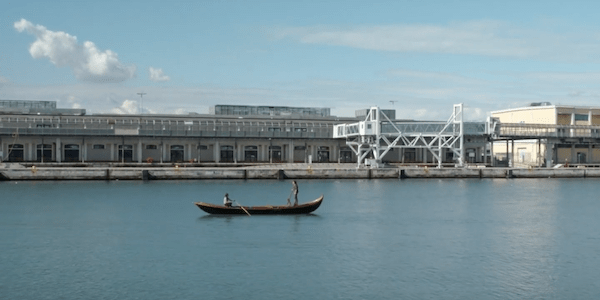
Segre isn’t troubled by the false glaze of the aesthetic and opts for a raw cinéma vérité approach: tourists hobbling together along cramped canals aren’t cropped out; abandoned tourist-traps become the focus of the shot. A pale fog grips the skyline, muted colours wash out the streets. He wants us to pay attention, not look away, from the ugliness of a hyper-touristic reality to the way things are falling apart in a global moment of panic. Interspersed with glimpses of a pre-COVID Venice plagued by over-tourism, rising tides, and archival Super 8 footage shot by the director’s father, Segre’s travelogue is unflinching.
A beautifully wistful soundtrack composed by Teho Teardo wails in the background as Segre walks through a waterlogged Venice, and rings chillingly through sequences of a void, virus-ridden Piazza San Marco.
BEAUTIFUL TESTIMONIES
One particularly arresting scene follows Elena, a young oarswoman struggling to centre her life in Venice, as she navigates the barren canals during last spring’s lockdown with almost rapturous glee. What’s most striking about the film isn’t the cinematography or editing, but rather the testimonies from locals: a young couple residing in Venice who insist they’ll never move, even if the tide pooled into their house every day of the year; and three fishermen who contemplate what’s become of the sinking city.
Segre’s own timid stream-of-conscious monologue rattles on about his own muddled relationship with his birthplace: “I’ve never understood if I belong to Venice. It’s as if I’d constantly skimmed it all my life.” Every so often the director loses his thread, creating a poetic silence in between the lacuna of his internal monologue.
CONCLUSION
While all three of the issues explored in ‘Molecole’ are themselves complex, Segre manages to balance the tripartite dichotomies masterfully. At no point does Segre get lost in the compounding narratives of over-tourism, climate change, his father, or the spiraling crisis brought on by the COVID-19 pandemic. Rather, the film is a composite of the labyrinthine city, a timid love-letter to the home he never understood.
Though bleak and raw, Molecole serves as a poetic caveat after the maelstrom — perhaps the most fitting opening film for a pandemic-era film festival.
Will you be seeing Molecole when it is released? Let us know in the comments below!
Watch Molecole
Does content like this matter to you?
Become a Member and support film journalism. Unlock access to all of Film Inquiry`s great articles. Join a community of like-minded readers who are passionate about cinema – get access to our private members Network, give back to independent filmmakers, and more.
Join now!

